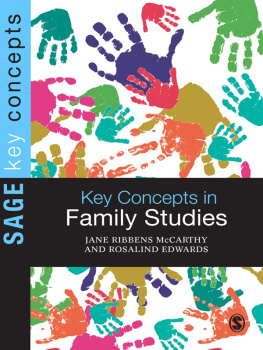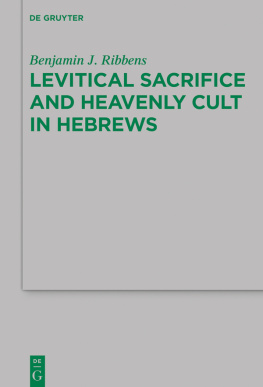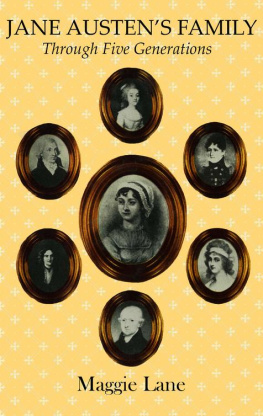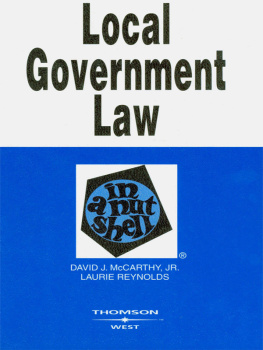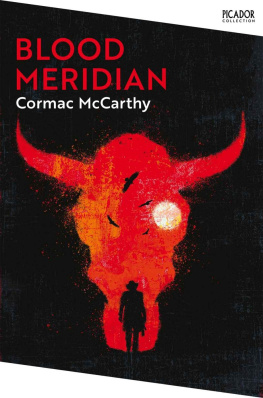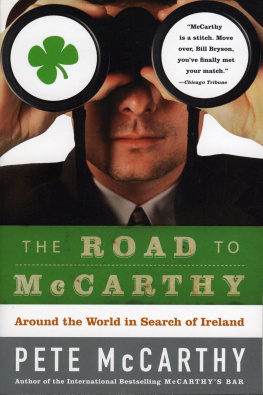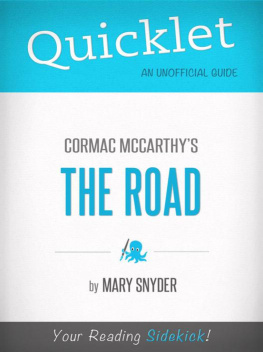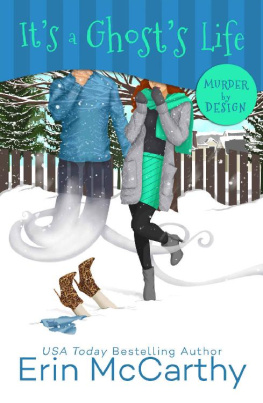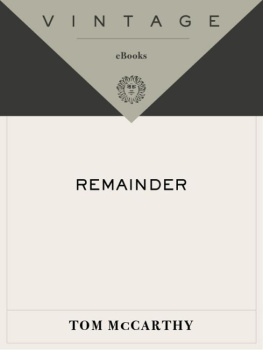Jane Ribbens McCarthy - Key Concepts in Family Studies
Here you can read online Jane Ribbens McCarthy - Key Concepts in Family Studies full text of the book (entire story) in english for free. Download pdf and epub, get meaning, cover and reviews about this ebook. year: 2010, publisher: SAGE Publications, genre: Home and family. Description of the work, (preface) as well as reviews are available. Best literature library LitArk.com created for fans of good reading and offers a wide selection of genres:
Romance novel
Science fiction
Adventure
Detective
Science
History
Home and family
Prose
Art
Politics
Computer
Non-fiction
Religion
Business
Children
Humor
Choose a favorite category and find really read worthwhile books. Enjoy immersion in the world of imagination, feel the emotions of the characters or learn something new for yourself, make an fascinating discovery.
- Book:Key Concepts in Family Studies
- Author:
- Publisher:SAGE Publications
- Genre:
- Year:2010
- Rating:3 / 5
- Favourites:Add to favourites
- Your mark:
- 60
- 1
- 2
- 3
- 4
- 5
Key Concepts in Family Studies: summary, description and annotation
We offer to read an annotation, description, summary or preface (depends on what the author of the book "Key Concepts in Family Studies" wrote himself). If you haven't found the necessary information about the book — write in the comments, we will try to find it.
Key Concepts in Family Studies — read online for free the complete book (whole text) full work
Below is the text of the book, divided by pages. System saving the place of the last page read, allows you to conveniently read the book "Key Concepts in Family Studies" online for free, without having to search again every time where you left off. Put a bookmark, and you can go to the page where you finished reading at any time.
Font size:
Interval:
Bookmark:
Allison James and Adrian James
Tony Blackshaw
Judith Phillips, Kristine Arjouch and Sarah Hillcoat-Nalltamby
Cathy Nutbrown
ROSALIND EDWARDS

1 Olivers Yard
55 City Road
London EC1Y 1SP
2455 Teller Road
Thousand Oaks, California 91320
B 1/I 1 Mohan Cooperative Industrial Area
Mathura Road, Post Bag 7
New Delhi 110 044
33 Pekin Street #02-01
Far East Square
Singapore 048763
ISBN 9781-412920063 (pbk)
Printed by CPI Antony Rowe, Chippenham, Wiltshire
Printed on paper from sustainable resources

- Some researchers continue to use the term the family unproblematically, often in practice referring to interrelated issues of residence, close ties based on blood or marriage, and the care of children. Talk about the family, in this way, is most likely to occur in discussions of broad patterns and structures, perhaps looking across different societies or examining how the family as an institution relates to other major social institutions such as economic, employment or educational systems. There are many questions about social life that seem to require the concept of the family as an object that exists and can be studied. Similarly, policy makers may feel the need for a clear model or benchmark of what the family is, in order to develop legislation and general procedures.
- A different solution is to use the term in the plural and refer to families. This acknowledges the diversity of lifestyles and relationships that might be referred to as family, offering a way forward which is widely accepted in family studies.
- Other solutions have been to use the word family as an adjective, as in family lives, or even as a verb, as in doing family (Morgan, D.H.J., 2003). This takes us away from the idea that family is a noun an object that can be named as such suggesting rather that it is a descriptive term which is applied to a wide variety of experiences and interactions and to different aspects of living.
- Yet another approach is to turn the difficulty into a source of new questions, interrogating the word and asking how the term family is used, in what contexts, and with what consequences? Various empirical studies have sought to do this (for an overview, see Ribbens McCarthy, 2008). This way of thinking also opens up the possibility that family may be found in all kinds of social setting, not just domestic sites.
- Some writers find the concept of family so limiting and politically charged that they prefer to use other ideas altogether, such as intimacy, or broader terms within which family is seen as one form of living alongside other relationships and experiences, and which may be captured by a notion such as personal life (Smart, 2007).
Font size:
Interval:
Bookmark:
Similar books «Key Concepts in Family Studies»
Look at similar books to Key Concepts in Family Studies. We have selected literature similar in name and meaning in the hope of providing readers with more options to find new, interesting, not yet read works.
Discussion, reviews of the book Key Concepts in Family Studies and just readers' own opinions. Leave your comments, write what you think about the work, its meaning or the main characters. Specify what exactly you liked and what you didn't like, and why you think so.

